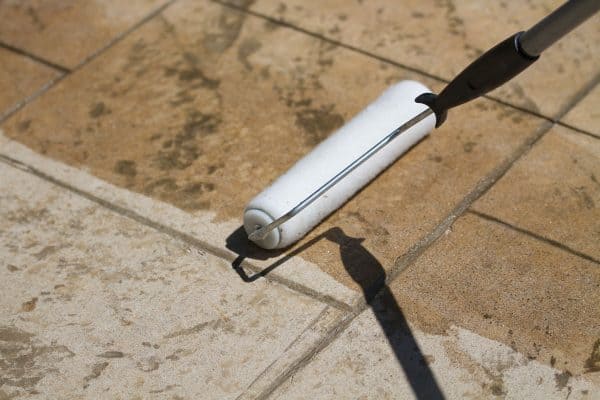Disclosure: We may get commissions for purchases made through links in this post.
You might've heard of a fairly new pavement that makes water easily pass through the surface directly into the subsoil. This new pavement is what we call Porous Pave or porous pavement. It makes it easier for driveways, parking lots, and roadway runoffs to drain the water off and receive quality water treatment. Because the pavement surface is porous and is different from most impermeable paving materials, you may be wondering if it differs in quality or if it fades over time. We've researched this for you!
Porous Pave, just like any paving material, also changes as time goes on. One of the things you might notice is that it will fade over time, particularly from sun exposure. It is treated to inhibit UV rays that lead to immediate fading.
If you're looking to use Porous Pave, we've compiled some information that you might need before committing to having one installed. We have also included some color options you might find attractive for your Porous Pave. Continue reading to learn more about this pavement type.
![Newly laid hot asphalt pavement, Does Porous Pave Fade Over Time? [Plus 8 Color Options]](https://pavingplatform.com/wp-content/uploads/2022/02/Does-Porous-Pave-Fade-Over-Time-Plus-8-Color-Options-800x1200.png)
Does It Fade?
Porous Pave is a flexible material that is made up of rubber granules and aggregate. It moves when it is being walked on or driven on, and this movement helps move the sediment particles go through the material directly to the substrate.
Because it is made of rubber granules, you might be wondering if this kind of pavement fades like other materials.
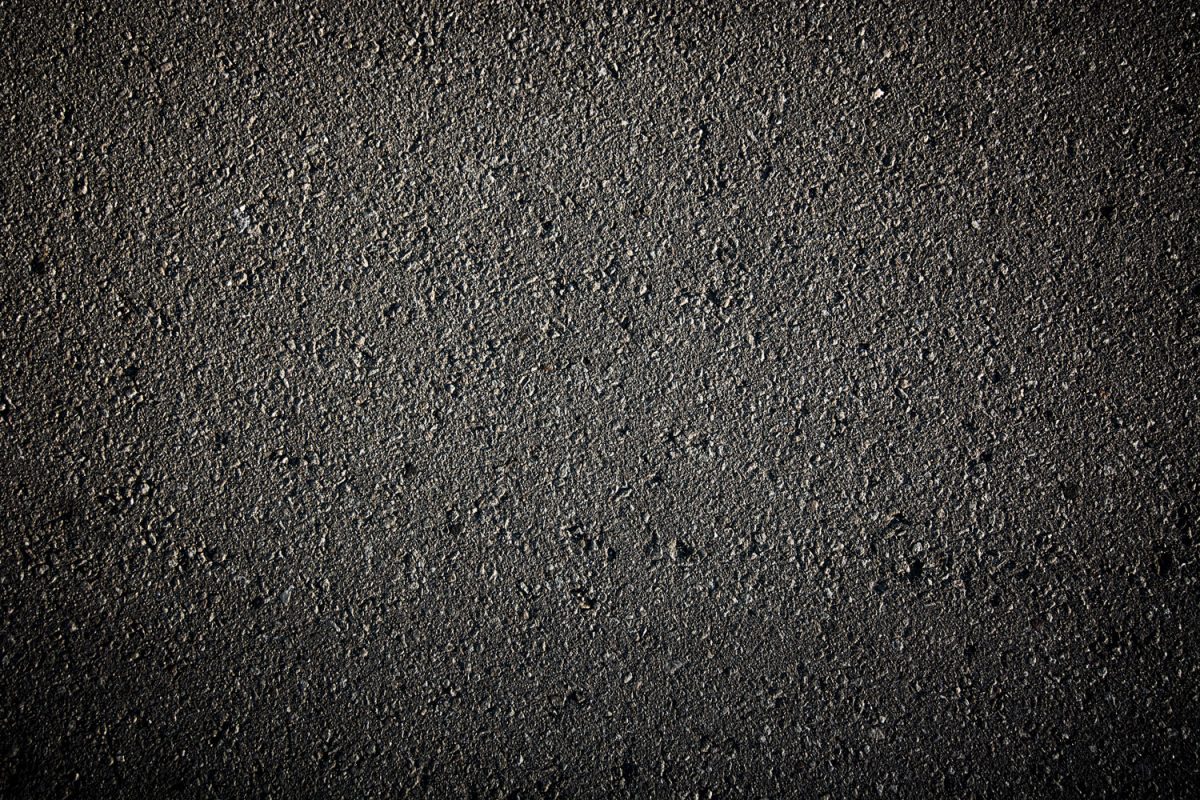
Just like all things that have been exposed to the heat of the sun on a daily basis, Porous Pave also changes quality as it ages. Continuous exposure to sunlight causes changes in paving materials including porous pave to fade over time.
This is because UV rays break down chemical bonds in the material, causing it to fade. Other factors that further speed up fading are solar heat and visible light. Depending on your location and how much sunlight you get in your area, the fading process may be faster or slower. This phenomenon is inevitable.
However, Porous Pave is treated with UV inhibitors during the colorization process to prevent the speed of fading in the material. These rubber granules are treated to resist the breakdown of their chemical bonds even when continually exposed to sunlight. This process then gives the porous pave longevity from color-fastness.
Does Porous Pave Require A Maintenance Overcoat?
Sometimes, Porous Pave is installed in areas that have high traffic and heavy use. This causes the Porous Pave to have natural wear and tear due to all the use it gets on a daily basis.
In order to prevent premature wear on the Porous Pave, proper maintenance should be observed. Doing this will prolong the life of your Porous Pave, as well as offer more value for your investment.
One of the benefits of Porous Pave is its flexibility, but over time it will also show wear and tear. A maintenance procedure of doing a surface overcoat every 3 to 5 years should help you maintain its quality for a long time.
Doing this requires the application of a topcoat of binder to the surface to restore it to a brand new looking condition.
Seasonal Maintenance -Keep that Overcoat Intact!
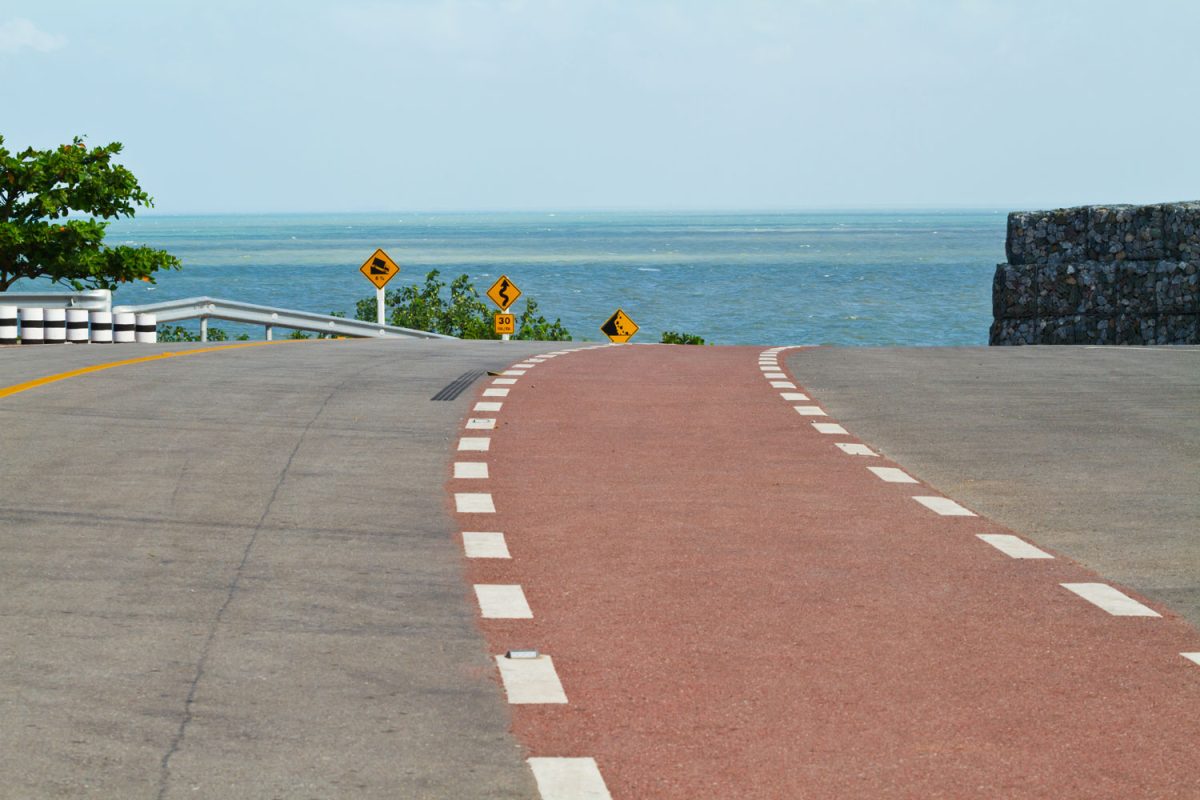
Aside from applying a maintenance overcoat to your Porous Pave, there are other methods to keep it at its best even through harsh weather. One issue you might face is winter maintenance—or how to deal with ice, snow, and salt used on Porous Pave.
As mentioned before, Porous Pave is very flexible, so snow, ice, and the constant freeze/thaw that happens during winter do not affect the quality of the surface.
Most traditional snow and ice removal methods work well with Porous Pave and will not damage the permeable surface. Regular snow and ice removing tools like shovels and snow blowers do not affect the surface of your Porous Pave.
You can even use a snowplow, provided that it is used with a shoe to prevent damaging the surface unexpectedly. Snowplow shoes position the plow blade a little above the surface, preventing it from getting scratched or damaged.
How Long Does Porous Pave Last?
Depending on where it is used and how much traffic it receives on a daily basis, Porous Pave can last over 20 years. With proper maintenance and consistent maintenance overcoats, it can surpass a longer timeframe than this.
Porous Pave is very durable, and it retains its ability to handle water and sediment for a very long time. However, it is always best to check if your porous pave surface is still able to drain water properly as well as shift sediment to the substrate.
Having a professional check if the surface is still in its best working condition should let you know when it is time to have that Porous Pave surface reinstalled.
Porous Pave can also save you money because of its durability. Because of its ability to reduce stormwater runoff and being able to recharge groundwater, using this material in your area for a long time greatly reduces construction costs.
You will only need to properly maintain it every few years, but the benefits are definitely endless.
Color Options for Porous Pave
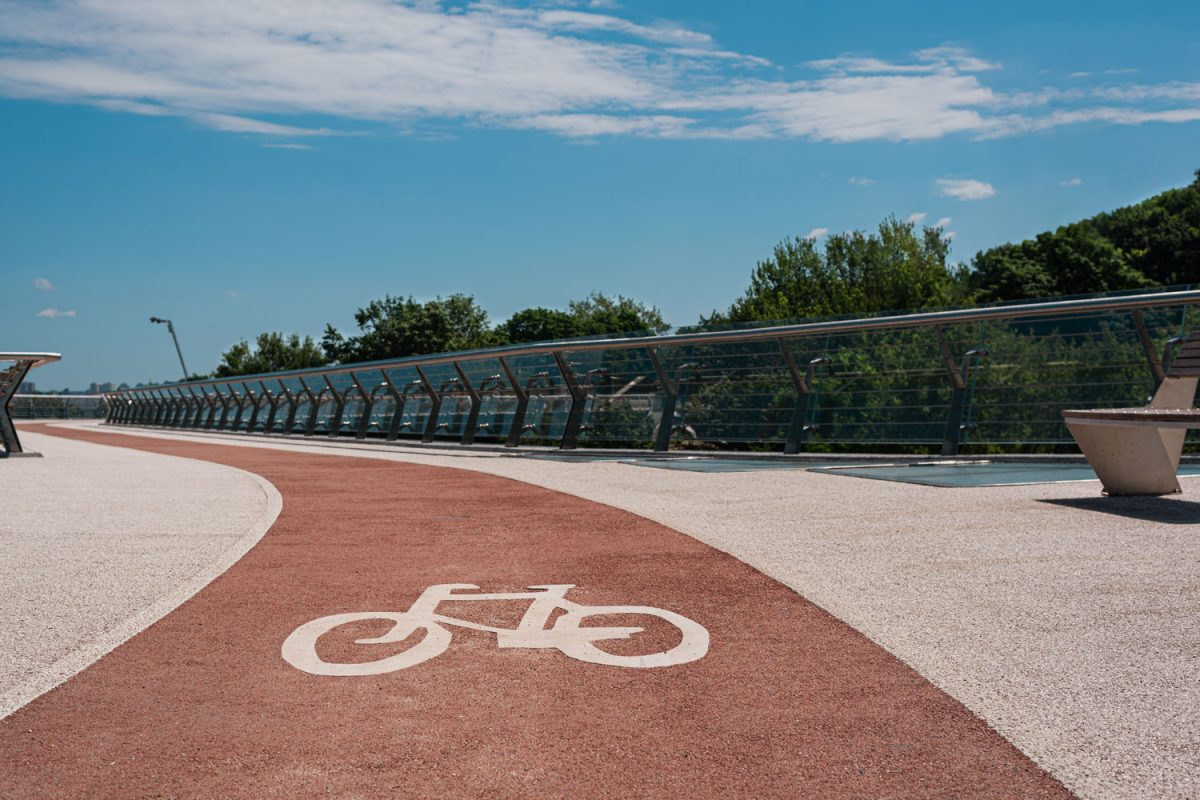
Earlier, it was mentioned that Porous Pave is made up of rubber granules that have been treated with UV inhibitors.
Because this is a different material from most paving surfaces, an advantage of porous pave is having multiple color options that you can use to design your area of choice. Porous pave colors are deep and rich, and they can endure severe weather changes that will not chip or flake off over time.
Porous Pave starts off with eight standard colors that you can use for your surface areas. From these eight standard colors, you can mix and match two from the eight color choices to create a custom color combination.
Porous Pave is also pourable, so you can create designs and shapes with different colors using this material.
The eight standard colors of Porous Pave are as follows:
- Black
- Green
- Blue
- Brown
- Gray
- Tan
- Cypress
- Redwood
Custom colors you can build for Porous Pave:
- Gray-Black
- Blue-Gray
- Green-Brown
- Red-Black
- Cypress-Black
- Brown-Tan
- Tan-Black
- Brown-Black
In Conclusion
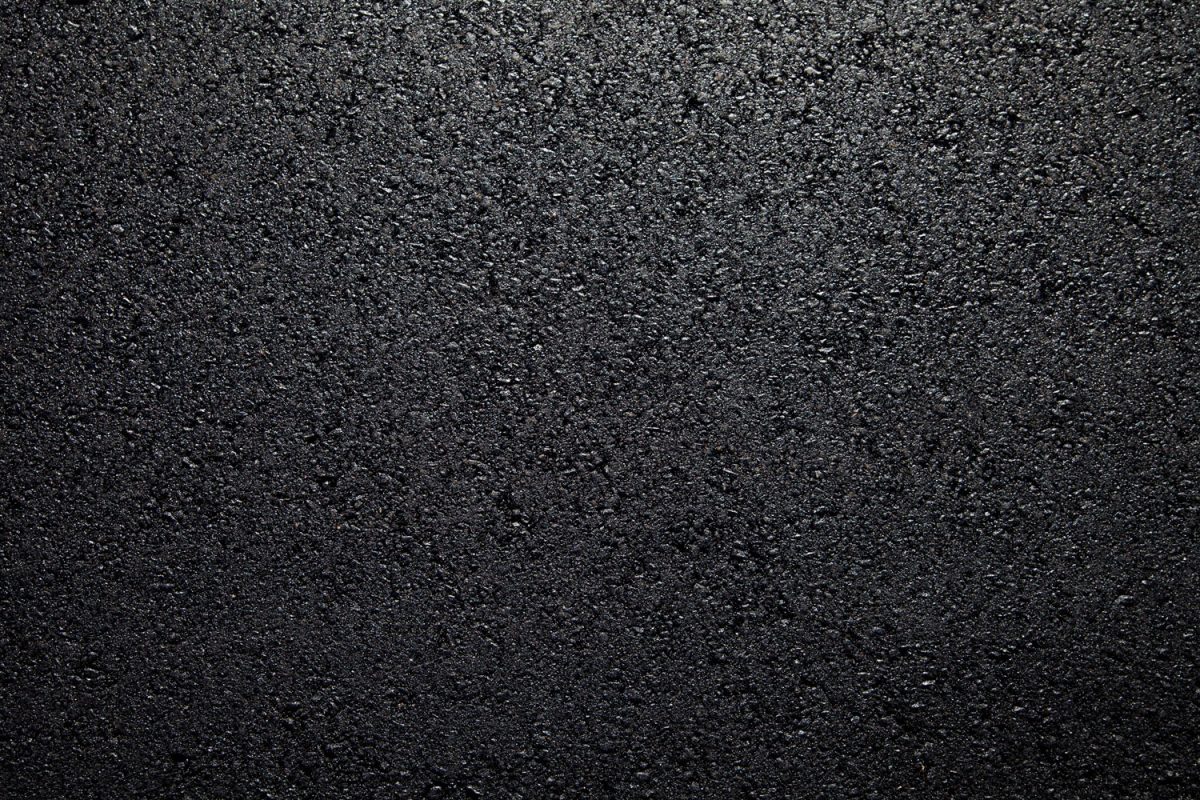
Porous Pave is a high-quality paving material that can be used for a multitude of applications. It can be used on driveways, parking lots, or even roadway runoffs as it comes with the ability to let water pass easily through the subsoil. This paving material is also flexible as it allows sediment to course through the surface, directly towards the substrate.
Made out of rubber granules, Porous Pave is also a paving material that can be used creatively because it is manufactured and treated with color. For those who would like to incorporate designs, patterns, or even their logos on their pavement, Porous Pave is an excellent choice. Overall, Porous Pave is an excellent alternative to asphalt or other paving materials.
Are you looking for more information about porous pave or asphalt? We may have a few articles that can interest you:

![Vibrant Red Paver Stone Path, Can You Spray Paver Sealer? [How To Apply It]](https://pavingplatform.com/wp-content/uploads/2022/04/Vibrant-Red-Paver-Stone-Path-600x400.jpg)
![Properly laid out red pavers for a garden, Can You Tint Paver Sealer? [And How To]](https://pavingplatform.com/wp-content/uploads/2022/04/Properly-laid-out-red-pavers-for-a-garden-600x400.jpg)
